Uncategorized
-
 Climate
ClimateMonster storm dominates view from space station
A stunning photograph from the International Space Station captures the size and power of Typhoon Maysak, which clamored through the Western Pacific.
-
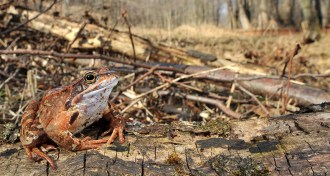 Animals
AnimalsWhether froglets switch sexes distinguishes ‘sex races’
Rana temporaria froglets start all female in one region of Europe; in another region, new froglets of the same species have gonads of either sex.
By Susan Milius -
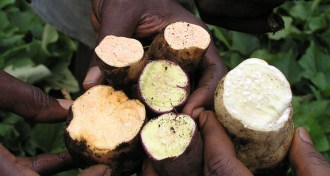 Plants
PlantsBits of bacterial DNA naturally lurk inside sweet potatoes
Samples of cultivated sweet potatoes worldwide carry DNA from Agrobacterium cousin of bacterium used for GMOs.
By Susan Milius -
 Astronomy
AstronomyCosmic rays misbehave in space station experiment
A puzzling feature in a new cosmic ray census may force physicists to rethink which cosmic objects send these speedy particles hurtling across the galaxy.
By Andrew Grant -
 Astronomy
AstronomyColor differences could recalibrate cosmic acceleration rate
Color differences in a class of supernovas could lower estimates of how much dark energy is in the universe.
-
 Psychology
PsychologyBig ears don’t necessarily come with baggage
In a small study, adults judged children and teens with big ears as intelligent and likable.
-
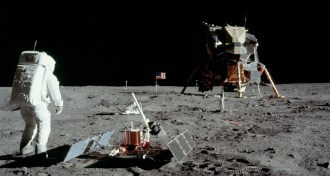 Planetary Science
Planetary ScienceBefore moon landings, scientists thought dust or crust might disrupt touchdown
Moon dust didn’t swallow spacecraft as was suggested in the 1960s. Successful exploration since that has changed our view of the moon.
-
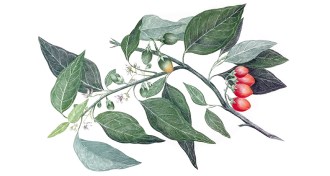 Science & Society
Science & SocietyExpedition’s plants illustrated, build your own robot, and more
Three museum exhibits allow visitors to explore 18th century botanical art, natural disasters and robots.
-
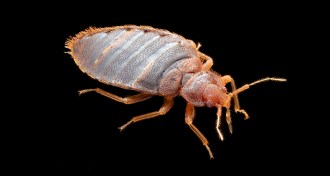 Animals
AnimalsTales of the bedbug, one of the world’s most reviled insects
‘Infested’ captivates with stories about the bloodsucking insects. Resurgent in many areas in the United States, bedbugs are the fastest-growing moneymaker in pest control.
By Sid Perkins -
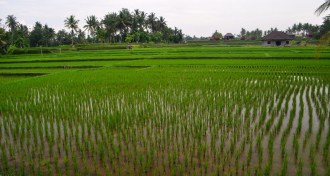 Environment
EnvironmentNatural acids in soil could protect rice from toxic nanoparticles
A common component of dirt makes toxic copper oxide nanoparticles less harmful to rice plants.
By Beth Mole -
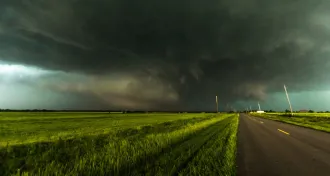 Climate
ClimateThe greatest natural disaster that almost was
The public’s response to the widest tornado ever recorded suggests earlier warnings need to be done right.
-
 Climate
ClimateWeather forecasting is getting a high-speed makeover
Meteorologists are throwing new technology at the problem of weather forecasting to provide faster and more precise predictions of the coming weather.